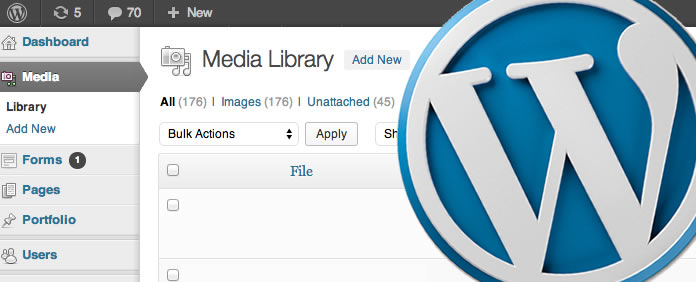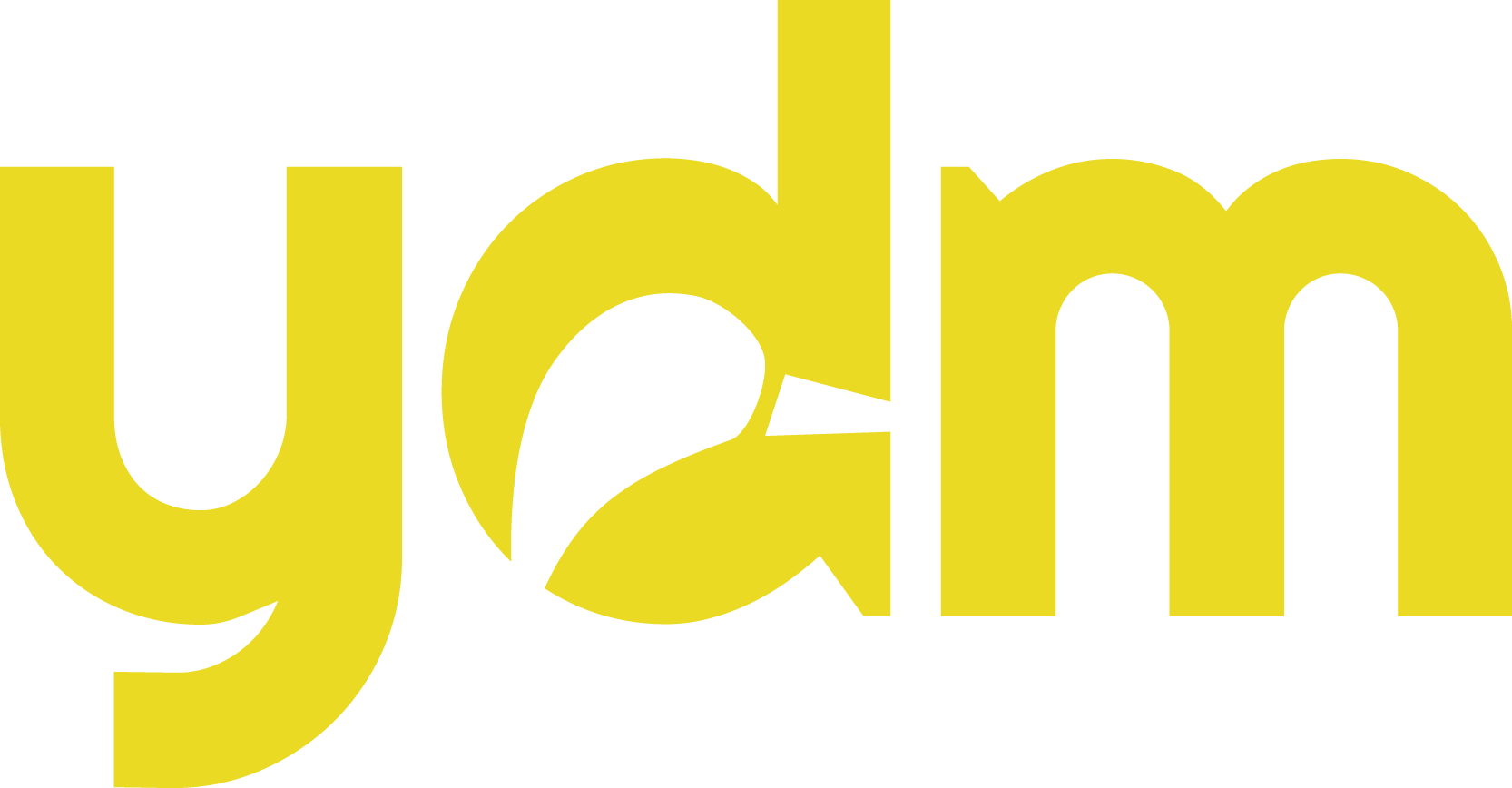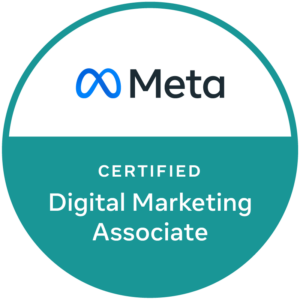Why WordPress?
Your website hasn’t had a proper facelift in upwards of 5 years, you’d rather not have the complexity (or cost) of a custom-built content management system, and you’re considering a refresh. Even if you know nothing about HTML, CSS, or JavaScript, you’ve likely heard of WordPress but may not realize the benefits it could bring to your company or organization. It’s come a long way from its start as a blogging tool to a massive, open-source platform that is great for small and mid-sized websites. Allow us to break it down:
1. Plugins
There are hundreds of thousands (and the number is increasing) of Plugins and Add-Ons to further enhance the look and functionality of your site. From E-Commerce plugins, to event calendars, to third-party software, to user-friendly forms, you’ll be hard-pressed to find a plugin that won’t meet your needs.
2. Customization
Although there are many attractive templates that can be used to design a WordPress site, there are an infinite number of customizations that can be used to make your site unique.
3. Search Engine Optimization
WordPress can be very SEO friendly. It’s up to you to intersperse the relevant keywords throughout your text, but there are additional reasons why search engines like WordPress sites. The back-end code that makes up your website is clean and easy for the search engines to index. In addition, each image, post, and page has the ability to have its own title, description, and meta tags to further optimize your website. There are also SEO plugins that help you manage SEO in an easy way.
4. Usability
Several website development platforms are bulky, outdated, and difficult to maneuver. The beauty of WordPress is that we have the ability to strip out the unnecessary, which makes a clean and easy update utility for you and your team. No knowledge of HTML? No problem! The web-based content editors make editing easy – even for novice users! Most web developers (including Yellow Duck Marketing!) provide in-depth training sessions to ensure that you feel comfortable and confident with updating your new website.
5. Cost-Effective
No need to purchase costly, über-technical programs to update your website and manage the content in multiple places. WordPress makes it easy to log in from any location and manage your content. And since you and your team can be in the driver’s seat once your site goes live, you’ll be ready and able to perform your own updates right out of the gate! (Keep in mind, we’re always here to help!)
6. Flexibility
It’s a year later, and you’d like to refresh your content, add new pages, and update your navigation. With WordPress, there’s no pressure to return back to your web developer to handle a task like this. The platform comes equipped with user-friendly tools to assist with updating and adding new pages to your navigation bar and site plan, allowing you to update your website at a time that’s convenient for you!
It also allows the developers to custom build page templates, sections and code on the back end; for example the IPAReviews.com site has custom Beer and Brewery pages, and the back end auto-calculates ratings as reviews come in to re-rank them. That allows it to be scalable whether the website has 50 beers or 500.
7. Blogging
Several companies will choose WordPress simply for blog integration. It’s no secret that search engines love content – having a blog that’s easy to maintain can be very beneficial to your site’s performance in search results. WordPress blogs are integrated right into the existing website design using the same administrative panel – keeping your website clean, consistent, and current!
8. Responsiveness
In a world where more people are surfing the internet from their tablets, smartphones, and iPads, it’s imperative that your desktop website is visually optimized for a variety of viewing methods. WordPress websites are easily built with responsive design, meaning that your website will respond to the type of device it is being viewed on, but in a cost-effective way. Custom-built CMS sites with responsive design start at $25,000, and WordPress has themes that are already responsive, saving significant development (programming) time.
Overall, we can’t say enough good things about WordPress. We’ve gotten an overwhelming positive response from users throughout the years, and we can only anticipate that WordPress will continue to evolve over the next couple years to become even more versatile.








